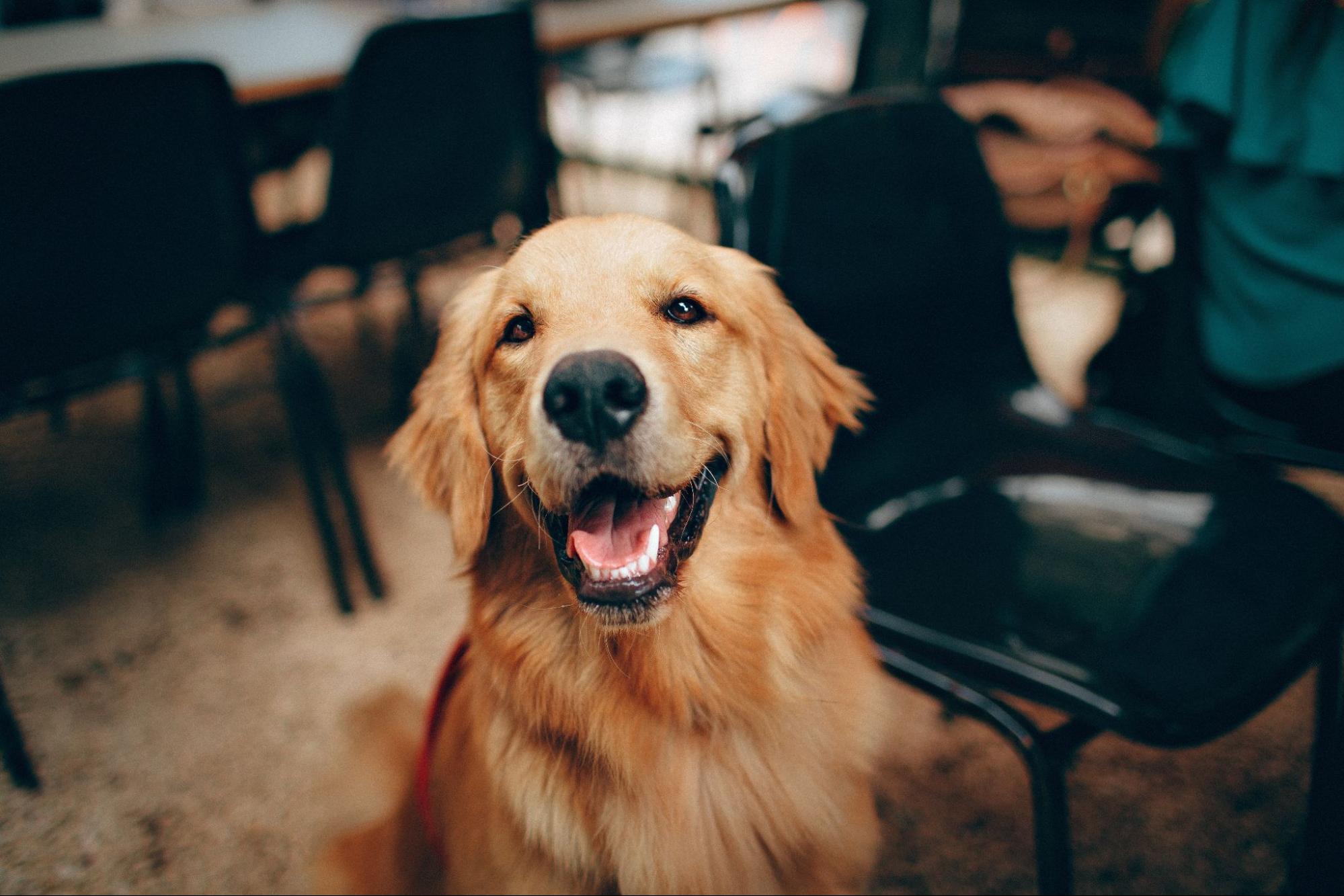How To Train A Dog Without Treats
Labradors have an inherent drive to please their owners, which makes them highly trainable. However, this eagerness can sometimes lead to over-reliance on treats. When dogs become fixated on the treat rather than the behaviour being taught, it can hinder their progress in learning commands or tricks. Additionally, excessive threat consumption may lead to weight gain and potential health issues for Labradors who already have a tendency towards obesity.
To address these concerns, I’ve developed techniques that focus on positive reinforcement through praise and physical affection instead of solely relying on treats. By using verbal cues paired with gentle petting or enthusiastic praise, you can effectively communicate your expectations to your Labrador while strengthening your bond with them. This approach not only encourages desired behaviours but also promotes long-term obedience without the need for constant treat rewards.
In conclusion, while using treats during dog training can be beneficial in many cases, it’s important to recognize the drawbacks when working with Labrador Retrievers specifically. By implementing alternative methods that emphasise positive reinforcement through praise and physical affection, you’ll be able to train your Labrador effectively while promoting a healthy relationship based on trust and respect.

The Challenges of Training Labradors
Labradors are undoubtedly lovable and loyal companions, but when it comes to training, they can present some unique challenges. As a proud owner of a Labrador myself, I’ve experienced firsthand the ups and downs of training this wonderful breed. In this section, I’ll outline a few common hurdles that Labrador owners may encounter during their training journey.
- Energetic Nature: Labradors are known for their boundless energy and enthusiasm. While it’s one of their endearing qualities, it can also pose a challenge during training sessions. Their exuberance may lead to distractions and difficulty in maintaining focus on commands. Patience and consistency are key in channelling their energy into productive learning experiences.
- Food Motivation Dependency: Many dog trainers rely on treats as positive reinforcement during training sessions. However, Labradors have an exceptional fondness for food, which can sometimes result in over-reliance on treats for obedience. This dependence on treats may hinder progress when the rewards aren’t readily available or when trying to transition away from treat-based training methods.
- Strong Retrieval Instincts: Labradors were originally bred as hunting dogs with strong retrieval instincts. While this makes them excellent at fetching, it can also make them easily distracted by objects or scents during training exercises. Teaching them impulse control and redirecting their focus requires consistent practice and patience.
- Socialisation Challenges: Labradors are generally sociable dogs, but some individuals may display shyness or fearfulness in certain situations or around unfamiliar people or animals. Proper socialisation is crucial to help them feel comfortable in various environments and interact positively with others.
- Stubbornness: Like any breed, individual personalities vary among Labradors. Some may exhibit stubborn tendencies that require additional persistence during training sessions. Finding effective motivators beyond food rewards, such as praise, playtime, or favourite toys, can help overcome this challenge.
- Destructive Chewing: Labradors have a strong urge to chew, especially when they are bored or teething. It’s important to provide appropriate chew toys and outlets for their chewing instincts to prevent destructive behaviour. Consistent training and redirecting their attention towards approved items will help curb this habit.
Training a Labrador requires dedication, consistency, and understanding of their unique characteristics. While these challenges may seem daunting at times, with the right approach and positive reinforcement techniques, you can successfully train your Labrador companion into a well-behaved and obedient member of your family.